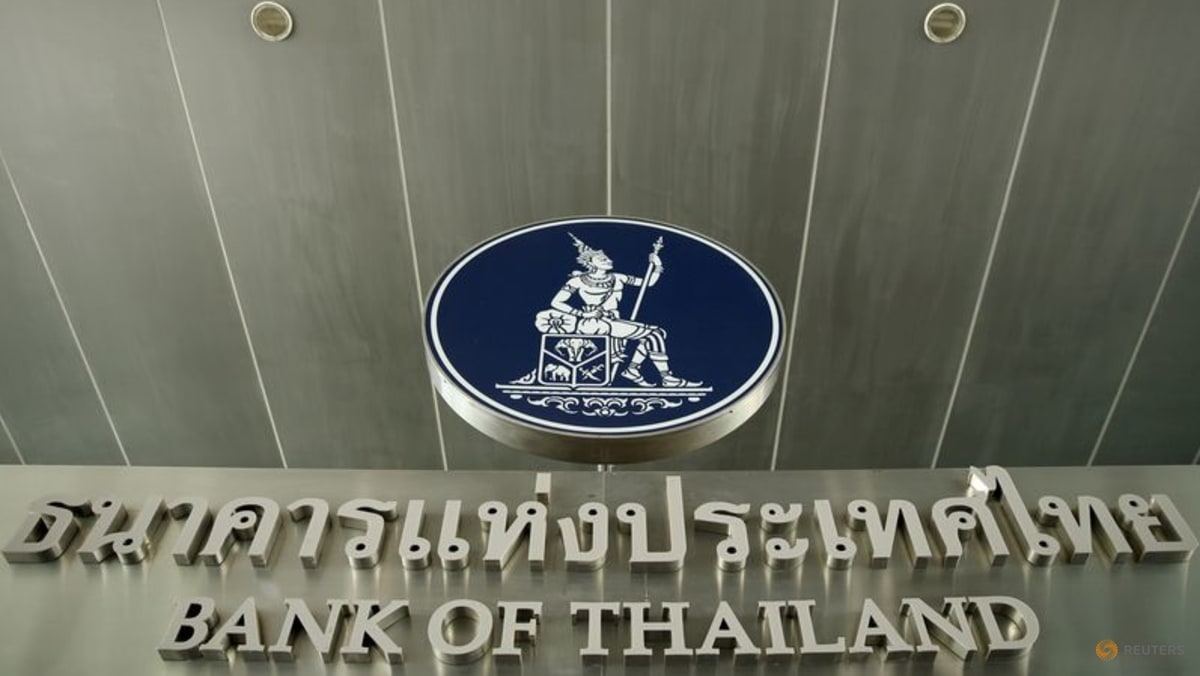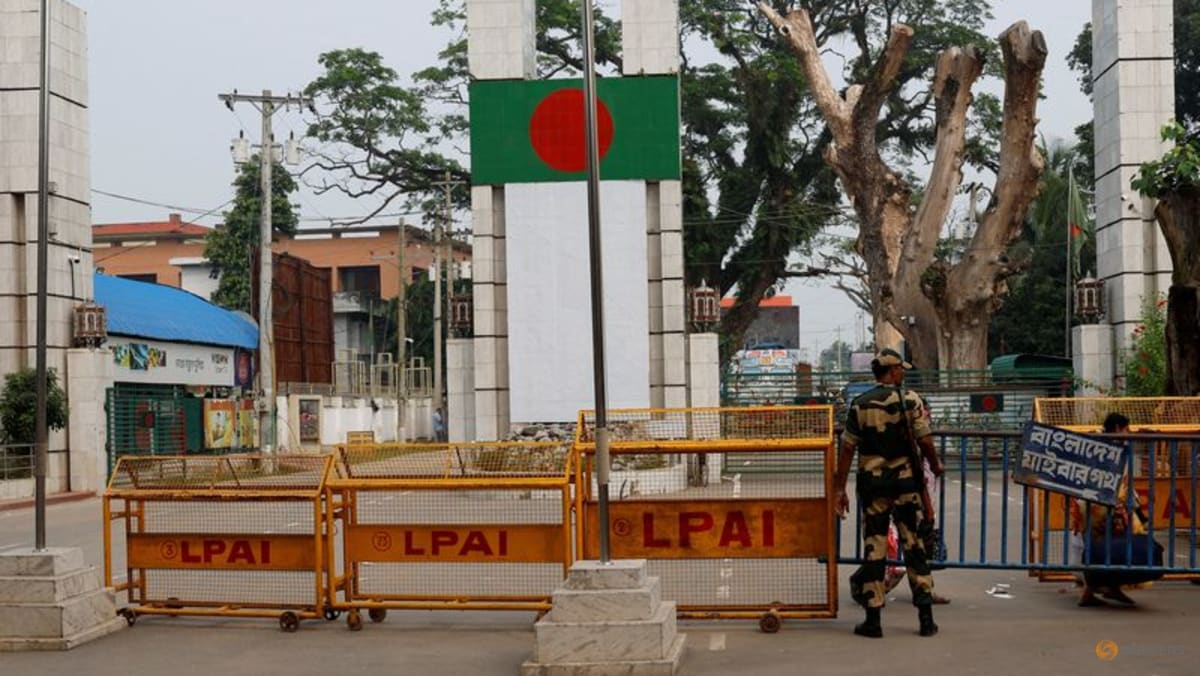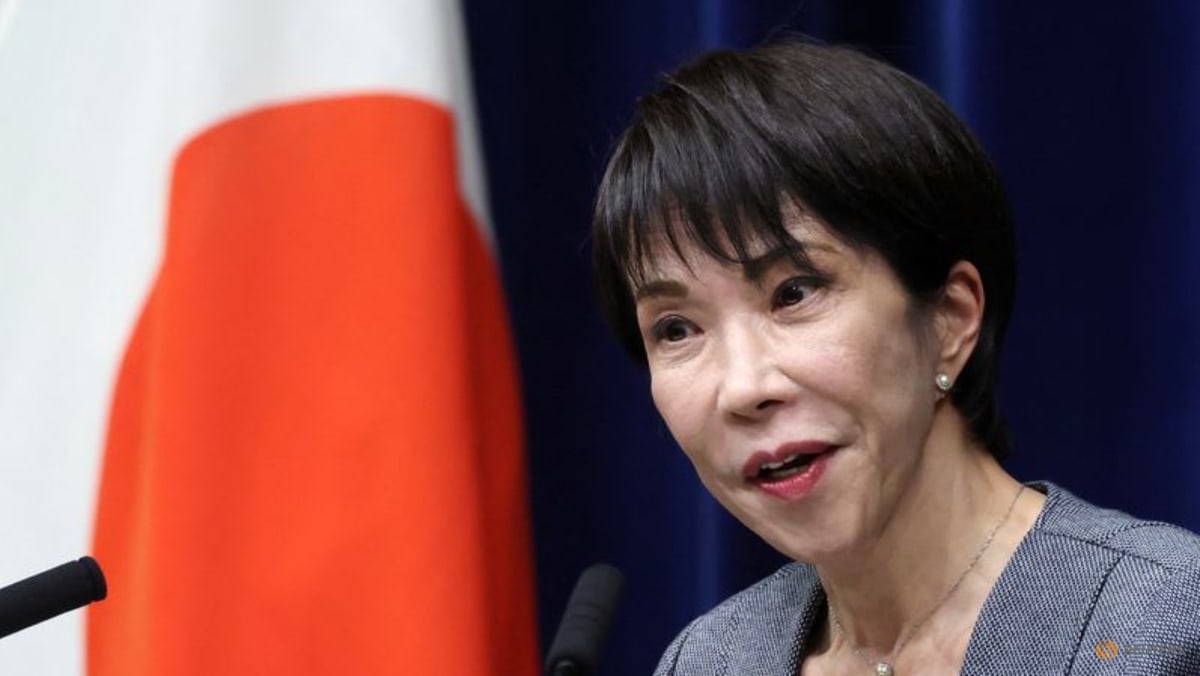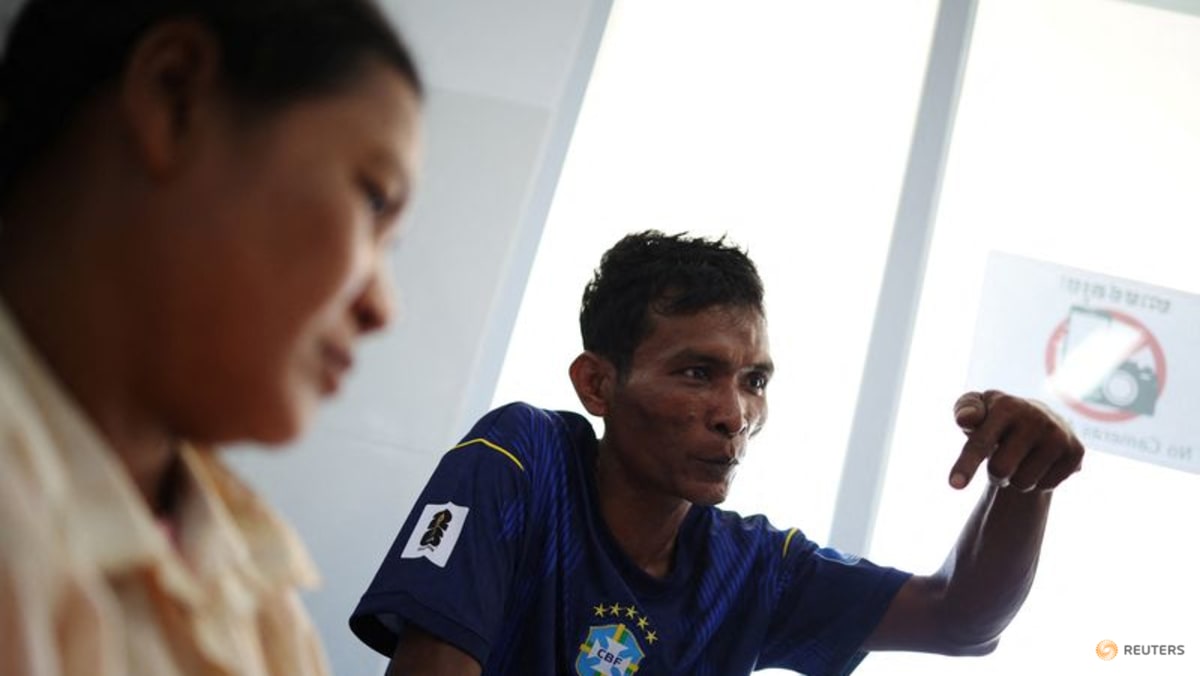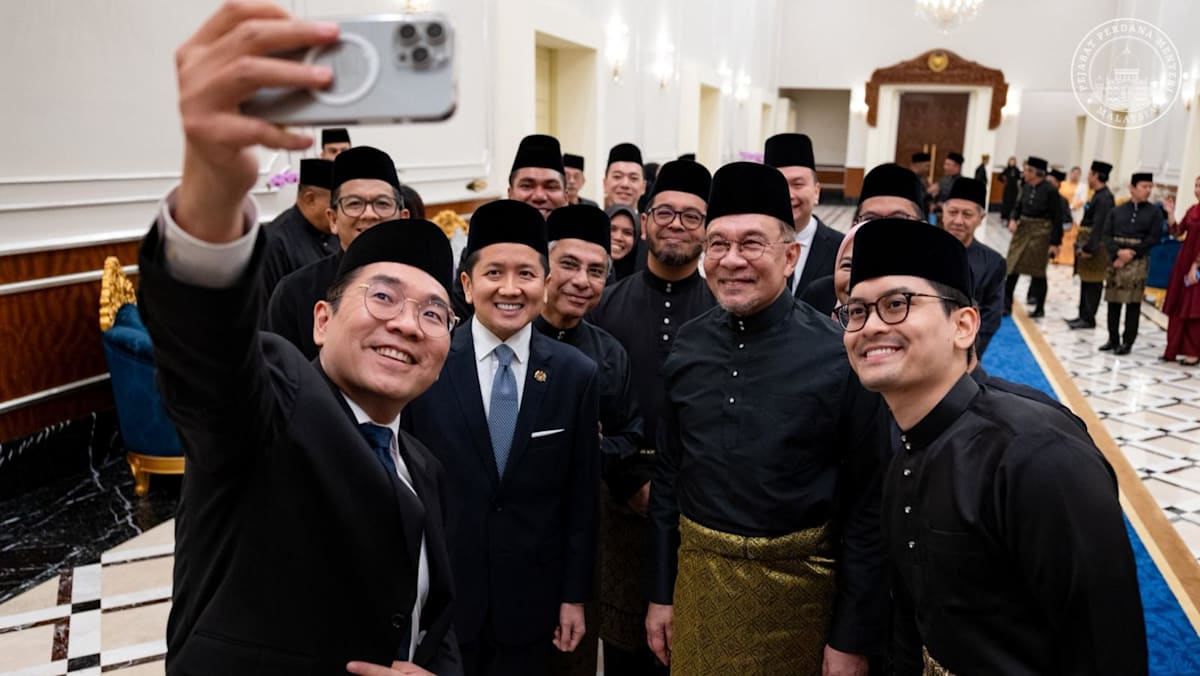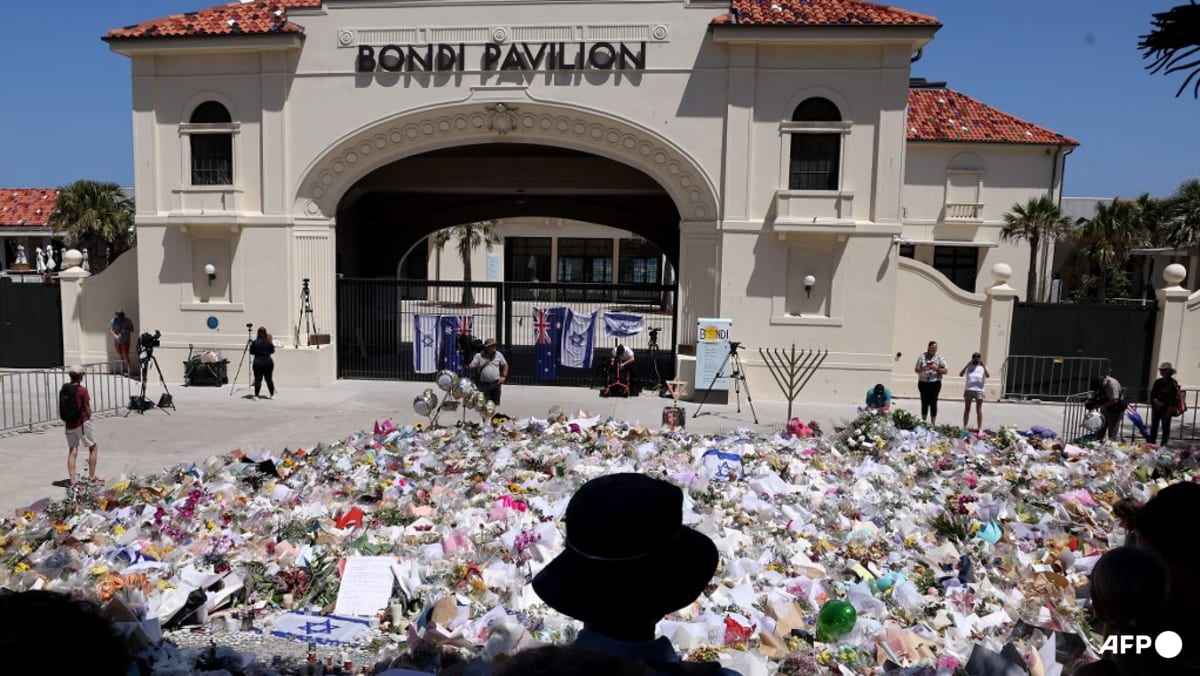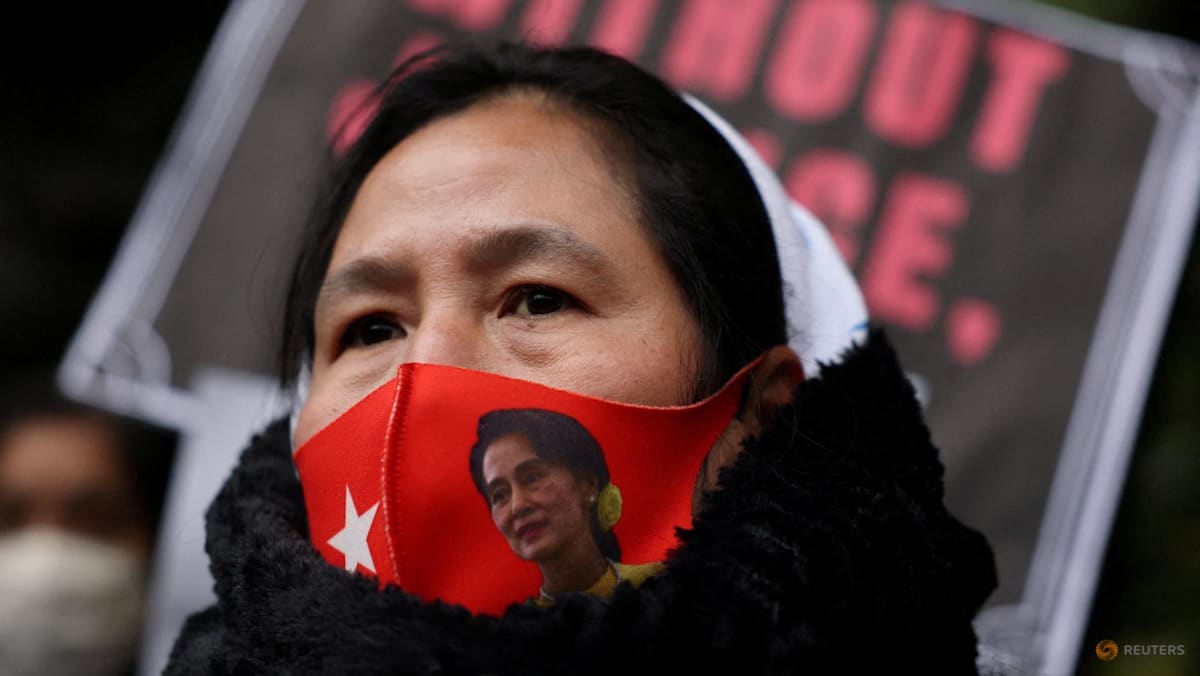‘Seeking more honey’: Why Malaysia’s Islamist party PAS wants to woo non-Muslim voters
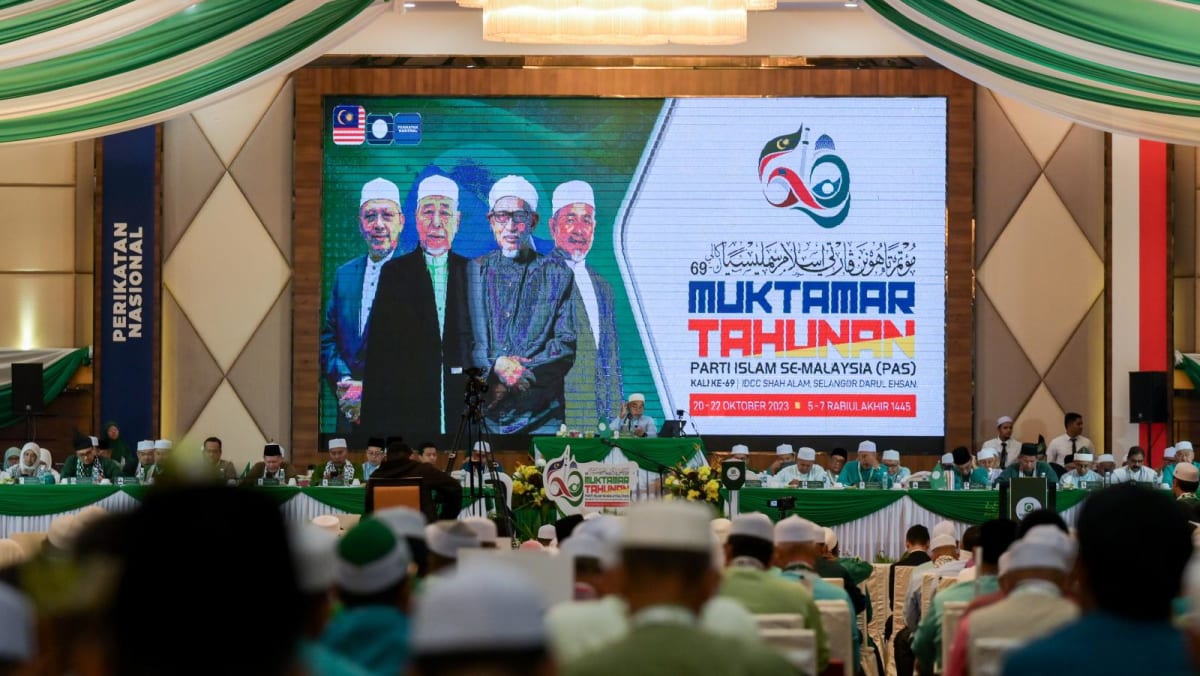
KUALA LUMPUR: The goal set by Malaysia’s opposition Parti Islam Se-Malaysia (PAS) in winning over the non-Malay, non-Muslim voters by the next general election reflects its ambition to return to power, though achieving it will be an uphill task, say analysts.
Those interviewed by CNA say the biggest stumbling block for the Islamic party lies in its “extreme” image among most non-Malay and non-Muslims in the country, stemming from the religious-based rules it implements in the states it governs.
To raise its chances of success with its new goal, PAS will need to strike a more moderate tone, though this could risk diluting the party’s brand of politics and use of religion that has brought it success in recent elections, say analysts.
“They face a big stumbling block to win the hearts and minds of the non-Malays because they also know the importance of the Malay vote. You can appease the Chinese and Indians but run the risk of offending the Malays,” said political analyst Jeniri Amir, a senior fellow with the National Professors Council.
Observers were responding to remarks made by PAS president Abdul Hadi Awang at the opening on Friday (Oct 20) of the party’s three-day annual congress where he said it needed to work on winning over non-Malay and non-Muslim voters if they were to make greater inroads at the country’s 16th general election (GE16).
“In the recent GE-15, we successfully garnered the support of Malay Muslims voters. Therefore, a pivotal and weighty endeavour must be done to secure the support of non-Muslim and non-Malay voters in the upcoming GE-16. This undertaking demands diligent, well-organised, and astute implementation and discussion,” Mr Abdul Hadi said in his speech.
“We did a post-mortem and we found weaknesses and strengths … among the weaknesses were our failure to get voters who are not Muslims and the insufficient number of seats.”
PAS’ annual congress is taking place after the party’s largest-ever successes in its history, positioning it as the principal party for the Malays in Malaysia in place of the United Malays National Organisation (UMNO).
PAS’ performance was relatively stable from the 12th to the 14th general elections, but during the 15th general elections in November last year, it managed to increase their share of seats in the parliament by 140 per cent to garner 43 seats.
It became the single-largest party in Malaysia’s parliament with the result, with Mr Hadi Awang calling it “a significant milestone” in PAS’s 71-year history and attributing it to the party’s collaboration within the Perikatan Nasional (PN) coalition.
The PN – made up of PAS, Parti Pribumi Bersatu Malaysia (Bersatu) run by former premier Muhyiddin Yassin, and Parti Gerakan Rakyat (Gerakan) – have a total of 73 seats in the 222-seat parliament, although Gerakan doesn’t hold any.
Fuelling fears of a “green wave” sweeping across Malaysia – green is associated to PAS with its flag being in the colour – the Islamic party put in an improved showing again at the local elections in six states in August.
It contested 126 out of 245 seats and won a total of 105, helping the PN coalition to make significant inroads in the state assemblies controlled by the ruling Pakatan Harapan coalition and Barisan Nasional (BN).
PN won 22, 11 and five seats in the PH-run states of Selangor, Penang and Negeri Sembilan respectively. Of these, PAS won 10 seats in Selangor, seven in Penang and three in Negeri Sembilan.
Source: CNA


